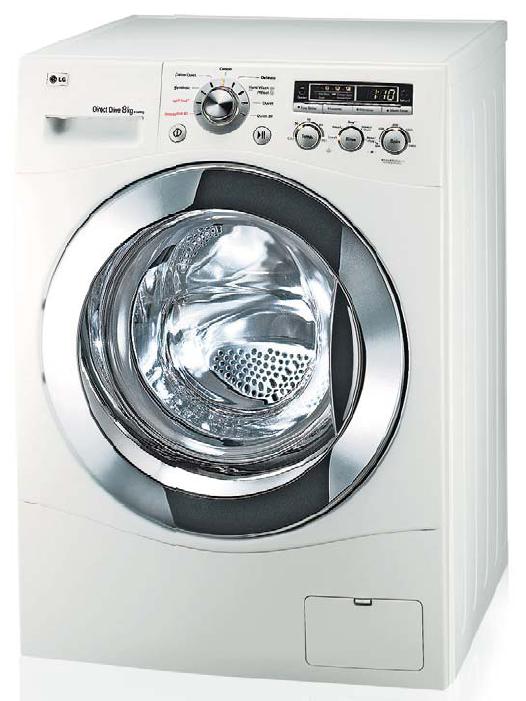The U.S. Department of Energy (DOE) has proposed new energy efficiency standards for household appliances like refrigerators and clothes washers.
The DOE claims the new standards, which limit how much water or electricity an appliance can use, will reduce household energy use, and save on emissions. The DOE boasts the complying new products will save the average American family at least $100 per year on energy bills, and cut greenhouse gas emissions by over 2.4 billion metric tons.
The new rules will come into effect in 2027, when they will ban any appliance that does not meet DOE standards from being sold or manufactured in, or imported into, the United States.
These standards build on previous rounds of energy and water efficiency mandates the DOE says are authorized by the 1975 Energy Policy and Conservation Act.
‘Raise the Upfront Cost’
Past energy efficiency mandates have not resulted in the promised savings, says Ben Lieberman, Senior Fellow at the Competitive Enterprise Institute, who also once served as senior counsel to the U.S. House Committee on Energy and Commerce.
“Past efficiency standards can and often do raise the upfront cost of appliances more than is likely to be earned back in the form of energy savings,” Lieberman said. “And for appliances like dishwashers, these standards compromise product performance.”
Lieberman’s statement is confirmed by the results of a recent study in the International Association for Energy Economics’ journal Economics of Energy & Environmental Policy, which found supposedly energy efficient refrigerators and clothes washers typically have shorter lifespans than less efficient appliances, use more energy than advertised, and have higher operating and maintenance costs than the older machines.
Homeowners looking to buy new appliances, Lieberman says, would be better served having the option of choosing for themselves what type of appliance they would prefer to purchase.
“Better to let consumers choose for themselves than force ultra-efficient but costlier standards on everyone,” Lieberman said.
Unconstitutional, Underhanded Climate Policy
People should decide for themselves whether energy efficiency is what they most care about when they purchase appliances, rather than government mandating standards, says H. Sterling Burnett, Ph.D., director of The Heartland Institute’s Arthur B. Robinson Center on Climate and Environmental Policy.
“Whether its toilets, dish washers, furnaces, computers, light bulbs, or now refrigerators and washing machines, the federal government has no business setting energy efficiency standards for appliances,” Burnett said. “The Constitution does not delegate the power to monitor household energy use to the federal government.”
Average Americans should not have to be roped into adopting the Biden administration’s climate agenda, says Burnett.
“Fighting climate change may be the Biden administration’s top policy goal, but the American people shouldn’t be forced into joining his crusade,” Burnett said. “All this rule will do is make it harder for the poor, middle class, and those on fixed incomes to replace their appliances with new ones when they break.
“It will mean more work for appliance repair companies and pad the bottom line for appliance manufacturers, who will focus on selling more expensive models,” Burnett said. “But average people will get shafted. And, when they complain and ask companies why washer and refrigerator choices have declined and costs have gone up, the companies will say with straight faces, ‘don’t blame us, the government set the rules,’”
Linnea Lueken (llueken@heartland.org) is a research fellow with the Arthur B. Robinson Center on Climate and Environmental Policy at The Heartland Institute.
For more on the negative impact of appliance standards, click here.
For more on the U.S. Department of Energy, click here.

























